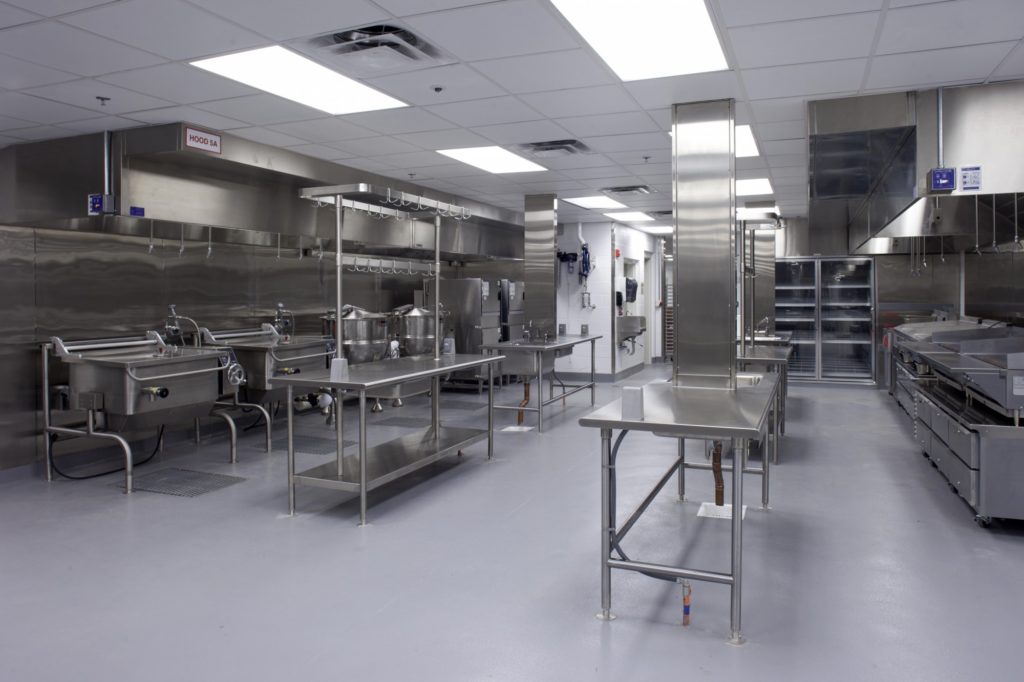Your hotel’s kitchen’s design, practicality, and efficiency can make or break your business. As a result, you must design and equip your culinary department for optimal efficiency, quality, and financial and resource savings.
Optimizing your kitchen layout will not only let your cooks and support staff feel at ease while making excellent meals, which will improve client satisfaction, but it will also allow you to save money in the long run and keep the inspector away. Here’s how to plan a successful and high-quality hotel kitchen.
- Calculate the size of your kitchen
To begin, you’ll need to determine the size of your kitchen. How big should your kitchen be to accommodate all of your hotel’s guests at any given time? Simply put, the size of your kitchen should match the number of seats and tables in your dining room.
In general, you’ll need at least five square feet of kitchen space for every seat in the dining room, which means that a hotel restaurant with 100 seats will also need a 500-square-foot kitchen. Details may change depending on your specific requirements.

- Design for Easy Movement
Your chefs and staff must operate in a safe and ergonomic setting, which means that the design must prioritize efficiency over all else in order to reduce movement, waste of resources, and injuries.
Smart solutions in terms of appliances and workplaces will be found in an ergonomic kitchen, with separate chef workstations created expressly for the chef and the manner she works. Remember that a design that works well for one individual may not work well for another, so going the additional mile is a good idea.
- Go for Modern Equipment
There can be no compromises when it comes to kitchen equipment. In terms of quality, durability, efficiency, and utility, your equipment must be unrivaled. Investing in modern kitchen equipment will pay off in the long term, so rather than buying used things and risking malfunctions, spend a bit more on your kitchen appliances.
Tables for food preparation, refrigerators, freezers, ice machines, cabinets, drawers, and shelves to keep dishes are all fundamental equipment requirements. Of course, in order to enforce resource efficiency across the board, you’ll need high-quality cooking and dishwashing equipment (such as the new line of Maytag dishwashers, for example).

- Energy Effeciency is Key
When it comes to equipment, it’s critical to search for the Energy Star label on your amenities. Modern kitchen equipment is not only intended to last but is also built to conserve valuable resources and thus to help you save money in the long run.
With the cost of power and water always rising, failing to become green right once could spell doom for your hotel, especially if it achieves the success you desire. Being booked all the time is a sign of success, but how you manage your newfound fame will determine whether it lasts.

- Ventilation and Maintenance
Finally, a decent ventilation system should be installed in your kitchen, and it should be simple to maintain. Ventilation is necessary not only to cope with gases, smells, and numerous airborne components and particles, but also to keep the health inspector at bay. You’re all set if you combine your ventilation system with smoke and gas detectors.
Second, the kitchen should not necessitate excessive daily care. Every item of kitchenware must have its own location in the cooking jungle, and the floors, equipment, and worktops must be easy to clean.
For inquiries on commercial kitchen design, supply, and installations contact us at: 0706606072 or visit us at Ananas Centre, Office 5, Westlands. Ring Road, Westlands, Nairobi

